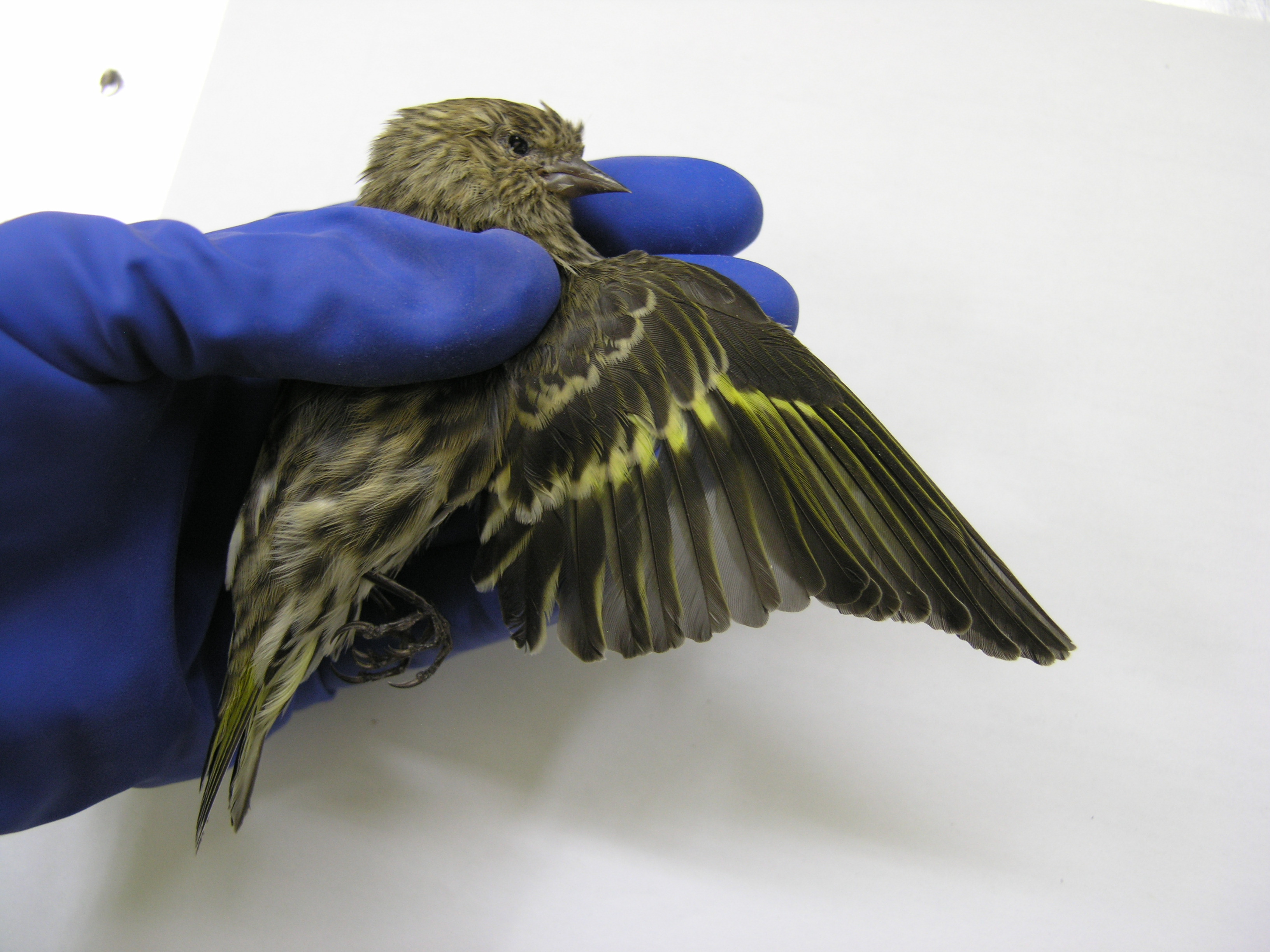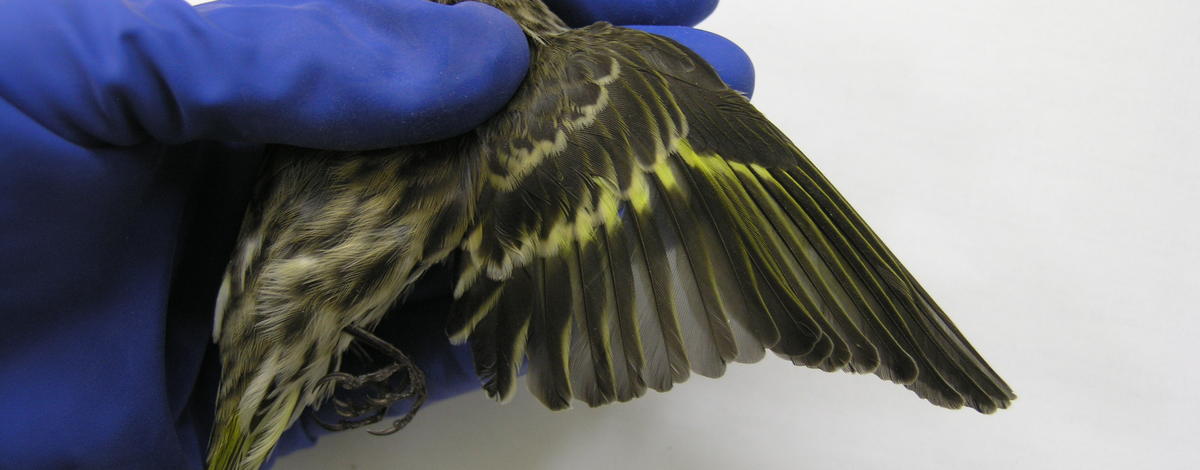Update: Put your bird feeders up, but keep them clean says Idaho Fish and Game
Wild birds that frequent feeders in the winter can be especially susceptible to disease outbreaks of salmonellosis, due to the large numbers of birds coming to feeders.
Outbreaks associated with bird feeders may cause high mortality across large geographic areas. Currently, this outbreak is affecting wild birds in Idaho, Oregon, California, Washington, and even into British Columbia, Canada.

In an effort to reduce the potential transmission of salmonellosis locally, Idaho Fish and Game recommends that those who have bird feeders in their yards temporarily discontinue all feeding of wild birds for at least a few weeks.
“Although stopping feeding may seem like it will harm birds, in reality, they use feeders as just one source of food and will quickly disperse to find other food sources and in so doing, reduce transmission of this disease at feeding sites,” says Idaho Fish and Game’s Regional Diversity Biologist Tempe Regan.
Even in years where disease outbreaks don’t occur, regular deep-cleaning of bird feeders is important to minimize any kind of disease spread.
"If you enjoy feeding birds, sanitation is critical and it is your responsibility to ensure your feeders are not facilitating disease transmission,” Regan says.
While bird feeders should always be cleaned on a regular basis with warm soapy water, a more rigorous cleaning is required during suspected outbreaks of salmonellosis.
Feeders should be cleaned with a 1 to 10 ratio of household bleach to water. After soaking in the bleach solution, feeders should be rinsed and dried before refilling with seed. Cleaning the area around and under feeders regularly by raking up discarded shells and droppings is also encouraged.
All birds that frequent bird feeders can be susceptible to salmonellosis, which is transmitted through the droppings and saliva of sick birds. Birds infected with salmonellosis can exhibit symptoms such as ruffled feathers, lethargy and diarrhea, and can appear very emaciated. Eventually, infected individuals will succumb to the disease and you may notice dead birds at or under feeders or under trees nearby.
“These disease outbreaks occur every few years, and 2021 just happens to be one of those years,” Regan says. “Salmonella exists at some baseline in the wild populations and when conditions are just right, the disease will flare up.”
This year in the Northwest, large flocks of Cassin’s Finches, Grosbeak species, Common Redpolls, American and Lesser Goldfinches, Pine Siskins and other members of the finch family, are wintering at lower, more southerly elevations and are frequenting backyard feeders. According to Regan, with this large influx of finches, a bird group notably susceptible to Salmonella, it is fairly natural that this outbreak would occur.
"And using bird feeders, while not directly causing the disease, can facilitate the spread,” Regan says.
Although uncommon, salmonella bacteria can be transmitted to humans through direct contact of sick birds or droppings. To avoid transmission to humans, people should take precautions when handling sick or dead wild birds, and when cleaning bird feeders or bird baths by wearing gloves and thoroughly washing their hands. Additionally, pet owners, especially those with cats, are encouraged to keep them inside to ensure they do not catch or consume sick birds.
For more information, contact the Salmon Fish and Game regional office at 208-756-2271.

